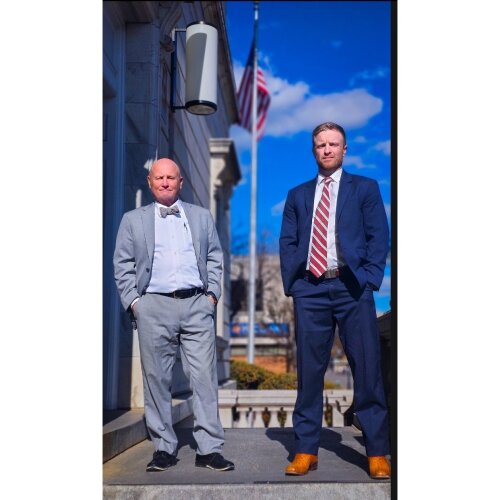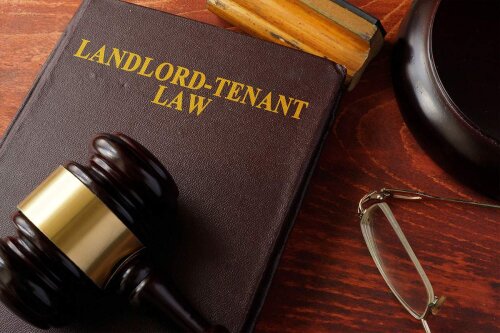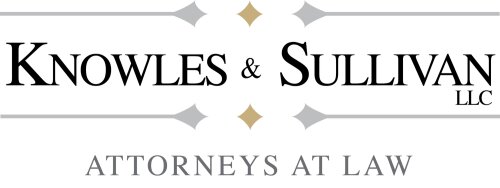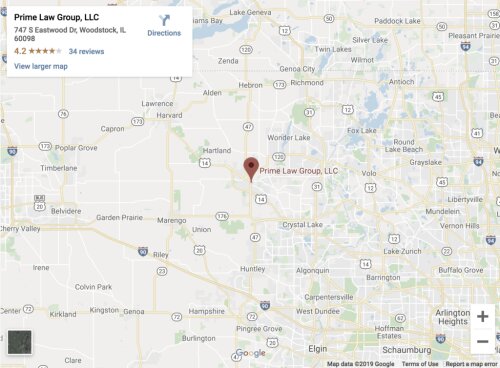Best Foreclosure Lawyers in Alabama
Share your needs with us, get contacted by law firms.
Free. Takes 2 min.
Free Guide to Hiring a Real Estate Lawyer
Or refine your search by selecting a city:
List of the best lawyers in Alabama, United States
About Foreclosure Law in Alabama, United States
Foreclosure is the legal process by which a lender takes possession of a property from a borrower who has defaulted on their mortgage payments. In Alabama, foreclosure most often occurs outside of court, which is known as a non-judicial foreclosure. This means the lender can take certain steps to reclaim the property without the need for a court order, provided they follow the procedures established by Alabama law. The process can move quickly, making it important for homeowners to understand their rights and options if they are facing foreclosure.
Why You May Need a Lawyer
Navigating foreclosure can be complicated and stressful. Legal advice can be crucial in several situations, such as:
- Receiving a foreclosure notice and needing to understand your rights
- Believing a lender is not following proper procedures or has acted unlawfully
- Wanting to explore alternatives to foreclosure, such as loan modification or short sale
- Facing eviction after a foreclosure sale
- Dealing with multiple mortgages or liens on your property
- Seeking to halt foreclosure through bankruptcy or other legal means
- Noticing potential errors in mortgage documents or foreclosure notices
A lawyer can help ensure that the foreclosure process follows the law, protect your interests, and offer guidance on possible solutions or defenses.
Local Laws Overview
Alabama foreclosure laws are unique in several key respects:
- Most foreclosures in Alabama are non-judicial, meaning the lender does not need court approval to foreclose.
- Lenders must provide at least 30 days notice of the foreclosure sale by publishing notice in a local newspaper once a week for three consecutive weeks.
- The foreclosure sale is usually a public auction conducted at the county courthouse.
- Alabama does not offer a statutory right of redemption after a non-judicial foreclosure sale, meaning homeowners typically cannot reclaim their property after the auction.
- Deficiency judgments are allowed in Alabama. If the sale does not cover the total amount owed, the lender may seek to recover the remaining balance from the borrower.
- Homeowners have the right to receive notice of default if their mortgage agreement requires it.
Frequently Asked Questions
What is non-judicial foreclosure in Alabama?
Non-judicial foreclosure is the process where a lender forecloses on a property without court involvement. In Alabama, this is the most common type, relying on the power of sale clause found in many mortgage agreements.
How much notice will I receive before foreclosure in Alabama?
Alabama law requires the foreclosure notice be published in a local newspaper for three consecutive weeks. You may also receive a notice from your lender, based on your mortgage agreement.
Can I stop a foreclosure once it begins?
In some situations, yes. Options include reinstating the loan by catching up on missed payments, negotiating with your lender, filing for bankruptcy, or seeking legal intervention if the foreclosure was not conducted properly.
Will I owe money after my home is foreclosed?
If the sale proceeds do not cover what you owe on the mortgage, the lender may pursue a deficiency judgment to collect the remainder.
Do I have any right to redeem my property after foreclosure?
Generally, Alabama law does not provide a right of redemption after a non-judicial foreclosure, meaning you usually cannot reclaim your property once it is sold.
Can a foreclosure affect my credit?
Yes. A foreclosure can have a significant negative impact on your credit score and may affect your ability to obtain future loans or credit.
Can my lender foreclose without going to court?
Yes. Most Alabama foreclosures are non-judicial and do not require court involvement if the mortgage contains a power of sale clause.
Are there options to avoid foreclosure?
Possible options include loan modification, repayment plans, forbearance, short sale, deed in lieu of foreclosure, or refinancing. Consult with a lawyer or your lender to discuss eligibility.
What should I do if I receive a foreclosure notice?
Do not ignore it. Contact your lender immediately, consider consulting with a lawyer, and gather all relevant documents regarding your mortgage and foreclosure notices.
Is it possible to recover from foreclosure?
While foreclosure has long-term financial and emotional impacts, it is possible to rebuild your credit over time and work toward homeownership again with careful financial planning and guidance.
Additional Resources
Several organizations and agencies offer assistance and information related to foreclosure in Alabama:
- Alabama Legal Help - Provides legal resources for homeowners facing foreclosure
- Alabama State Bar Lawyer Referral Service - Connects individuals with qualified attorneys
- United States Department of Housing and Urban Development (HUD) - Certified housing counselors offer free or low-cost advice
- Alabama Department of Banking - Regulates mortgage lenders and offers consumer resources
- Local legal aid societies and nonprofit organizations specializing in housing law
Next Steps
If you are facing foreclosure or need legal guidance, it is important to act quickly. Take the following steps:
- Read all foreclosure and legal notices carefully and keep them for your records.
- Contact your lender as soon as possible to discuss your situation and request options for avoiding foreclosure.
- Consult a qualified foreclosure attorney in Alabama to understand your rights and potential defenses.
- Explore local nonprofit organizations or housing counseling agencies for additional assistance.
- Prepare all relevant financial and loan documents before meeting with a professional.
Timely action and legal support can make a significant difference in protecting your rights and exploring alternatives to foreclosure in Alabama.
Lawzana helps you find the best lawyers and law firms in Alabama through a curated and pre-screened list of qualified legal professionals. Our platform offers rankings and detailed profiles of attorneys and law firms, allowing you to compare based on practice areas, including Foreclosure, experience, and client feedback.
Each profile includes a description of the firm's areas of practice, client reviews, team members and partners, year of establishment, spoken languages, office locations, contact information, social media presence, and any published articles or resources. Most firms on our platform speak English and are experienced in both local and international legal matters.
Get a quote from top-rated law firms in Alabama, United States — quickly, securely, and without unnecessary hassle.
Disclaimer:
The information provided on this page is for general informational purposes only and does not constitute legal advice. While we strive to ensure the accuracy and relevance of the content, legal information may change over time, and interpretations of the law can vary. You should always consult with a qualified legal professional for advice specific to your situation.
We disclaim all liability for actions taken or not taken based on the content of this page. If you believe any information is incorrect or outdated, please contact us, and we will review and update it where appropriate.
Browse foreclosure law firms by city in Alabama
Refine your search by selecting a city.














